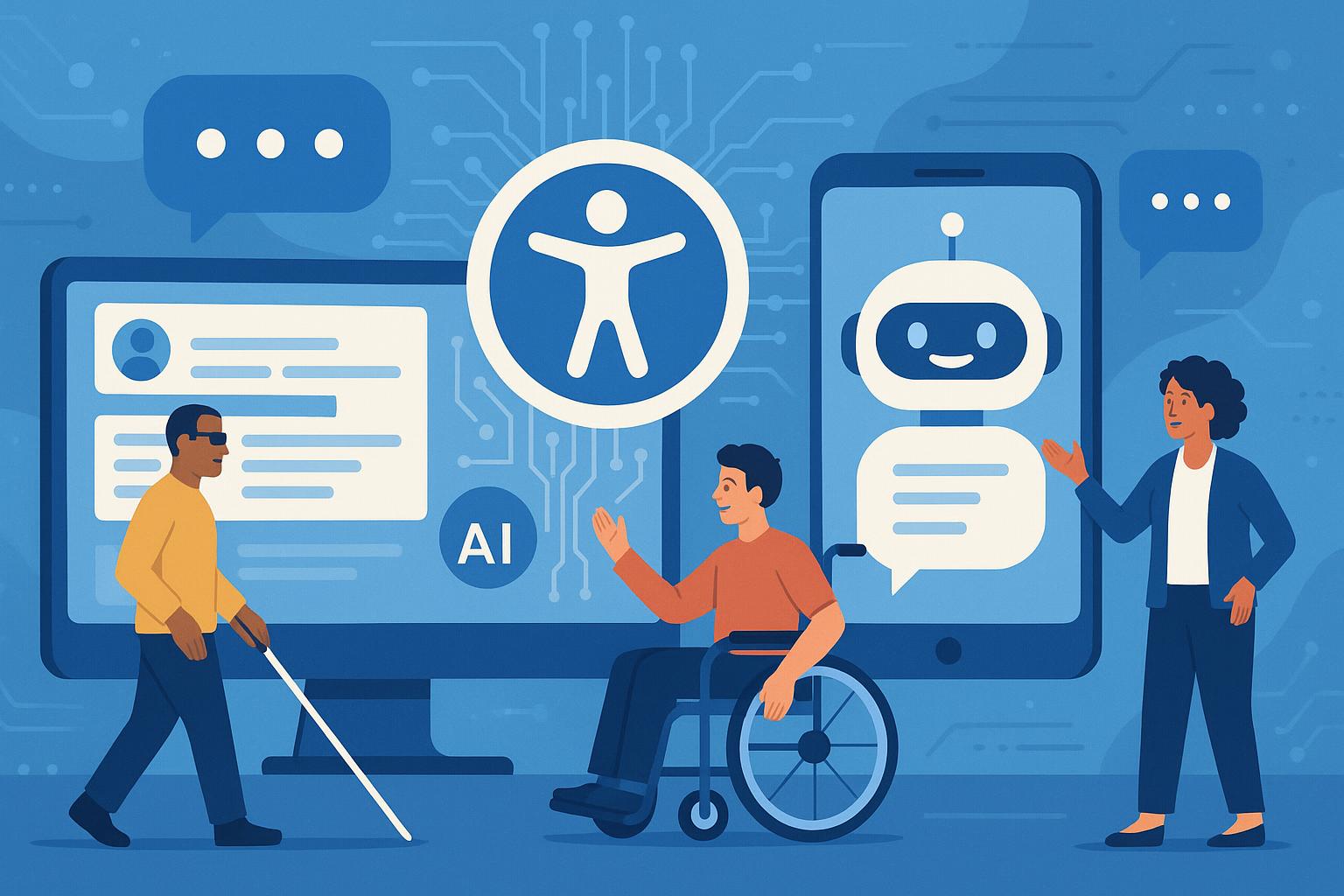The Future Front Desk: The Role of AI Chatbots in Transforming Customer Service
The landscape of customer service is rapidly evolving towards more automated and personalized solutions, largely driven by advancements in Artificial Intelligence (AI). AI-enabled chatbots, in particular, are playing a crucial role in reshaping customer interactions across various sectors. This article explores how these chat-based User Interfaces (UIs), backed by sophisticated large language models (LLMs), are not only altering traditional web UI/UX designs but also fundamentally transforming customer service practices.
Introduction to AI-Powered Chatbots
AI chatbots are advanced software applications capable of engaging in conversations with users through text or voice. By leveraging AI, machine learning, and often natural language processing (NLP), these bots can handle tasks ranging from responding to FAQs to managing intricate inquiries that require a deep understanding of context. The ongoing enhancements in AI technology have significantly boosted the capabilities of these chatbots, making them more responsive and adept at delivering personalized user experiences.
Industry-Wide Applications of AI Chatbots
- Healthcare: AI chatbots in healthcare assist with scheduling appointments, managing medication reminders, and offering preliminary diagnostic support based on patient-reported symptoms.
- Education: In educational settings, AI chatbots function as personal tutors, helping students navigate complex topics and providing tailored learning materials based on their progress and needs.
- E-commerce: In retail, chatbots enhance the shopping experience by serving as personal shopping assistants, offering product recommendations, personalized fashion advice, and facilitating transactions and customer support.
- Finance: In the finance sector, chatbots provide real-time customer service, offer personal finance advice, assist with transactions, and send fraud alerts.
Enhancing Customer Interactions
Chatbots excel at automating routine tasks, freeing up human resources to tackle more complex challenges. This shift not only boosts operational efficiency but also significantly improves customer satisfaction. AI chatbots can manage multiple customer interactions at once, delivering immediate responses that are essential in today’s fast-paced environment.
Personalization Through AI Chatbots
AI chatbots stand out from traditional customer service tools by their ability to analyze extensive data sets to provide customized experiences. They remember individual user preferences and previous interactions to make appropriate suggestions and resolve issues promptly. This personalized approach is especially valuable in sectors like e-commerce, where tailored shopping experiences can greatly influence buying decisions.
Real-World Scenarios: AI in Action
Consider an AI-powered accounting assistant that integrates with platforms like QuickBooks. This virtual assistant could manage tasks such as uploading receipts, handling invoices, and generating comprehensive financial reports through conversational interactions. This not only simplifies the workflow but also enhances accuracy and accessibility in financial management.
In healthcare, a chatbot could assist patients in understanding their symptoms and advising on the necessity of professional medical attention. This capability improves healthcare accessibility and reduces the workload on medical professionals by filtering out minor cases.
Within education, AI chatbots can foster a personalized learning environment, adjusting to a student's individual pace, recommending additional resources for enhancement, and aiding with assignments and exam preparation.
Technical and Ethical Considerations
Despite their benefits, AI chatbots present technical and ethical challenges. Technically, achieving accurate simulation of human emotions in chatbots requires advanced AI models and ongoing training. Ethically, issues related to privacy and data security must be rigorously addressed to protect user data from misuse.
Conclusion
The integration of AI chatbots into customer service represents a significant paradigm shift in how businesses engage with their customers. As the push towards more dynamic, real-time user engagement continues, the role of AI chatbots is set to become increasingly crucial. For professionals, staying abreast of these developments is essential, not only for adapting to new technologies but also for transforming traditional systems into innovative, AI-driven solutions. The future front desk is digital, intelligent, and exceptionally equipped to navigate the complexities of modern customer interactions.
As professionals, embracing this shift is crucial for staying competitive and ensuring that every customer interaction is optimized for both satisfaction and efficiency.












